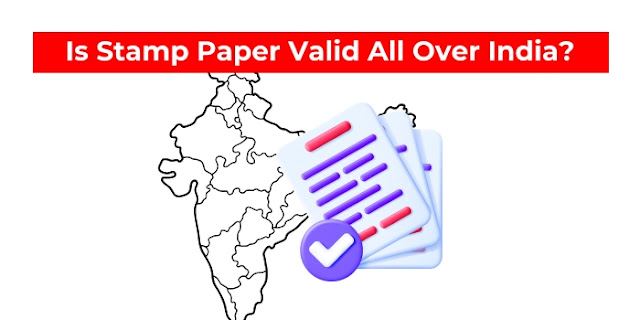Name Change And The Impact On Community And Social Integration In India
In India, the act of changing one's name has long held significant cultural, religious, and social implications. Whether it is to adopt a new identity, signify a life event, or establish a connection with a different community, name changes have played a crucial role in shaping individual identities and contributing to the fabric of society. This blog explores the reasons for name changes in India and analyzes their impact on community dynamics and social integration.
The Tradition Of Name Changes In India
Indian society has a rich history of name changes, often rooted in spiritual beliefs and personal growth. The practice of adopting new names after significant life events such as marriage, religious conversions, or spiritual awakenings is a common tradition across various communities. These name changes are seen as symbolic of new beginnings and have helped maintain cultural continuity and heritage.
Identity And Aspirations
For many individuals, a name change represents an opportunity to express their aspirations, desires, and personal beliefs. It can empower individuals to break free from the constraints of their birth names, aligning their identities with their true selves and fostering a sense of authenticity. As people increasingly pursue their passions and unconventional career paths, name changes have emerged as an enabler of self-expression and individuality.
Interfaith And Inter Community Marriages
In a diverse country like India, interfaith and inter community marriages are becoming more prevalent. These unions often lead to individuals taking on new names to accommodate both religious and cultural identities. Name changes in such cases facilitate smoother integration within extended families and communities, promoting social harmony and understanding.
Challenges And Stigma
While name changes can be a positive step towards personal growth and integration, they are not without challenges. Some individuals may face social stigma or judgment when they decide to change their names, particularly if it is perceived as abandoning their cultural roots or family traditions. This underscores the need for an inclusive society that embraces diversity and respects individual choices.
Legal And Bureaucratic Processes
The process of changing one's name in India involves legal and bureaucratic procedures. Though the laws vary from state to state, obtaining a name change certificate typically requires submitting an affidavit and publishing a formal notice in local newspapers. The complexities and delays in the process can be deterrents for some, affecting their ability to integrate into society smoothly.
Role Of Social Media And Digital Identity
In the digital age, individuals' identities are increasingly shaped by their online presence. Name changes on social media platforms can impact how others perceive and interact with them, leading to both positive and negative consequences. Online communities can be more accepting of name changes, fostering an environment that promotes self-discovery and self-reinvention.
Bridging The Gap Through Understanding
To promote social integration, it is essential for communities to understand and empathize with the reasons behind name changes. Cultivating a non-judgmental and supportive atmosphere can encourage individuals to embrace their new identities without fear of social isolation or discrimination.
Embracing Diversity And Inclusivity
In a country as diverse as India, name changes should be viewed as a celebration of individuality and a testament to the country's cultural richness. By embracing diversity and promoting inclusivity, society can become more cohesive and united, fostering a sense of belonging for all its citizens.
Conclusion
Name changes in India carry immense significance, impacting individuals' identities and the social fabric of communities. By recognizing the various reasons behind name changes and promoting a culture of acceptance and understanding, India can create an inclusive society where individuals feel empowered to pursue their aspirations while still being rooted in their cultural heritage. As we move towards a more interconnected world, embracing diversity and promoting social integration will be crucial for fostering harmony and progress in Indian society.
Written by priyanka Singh



